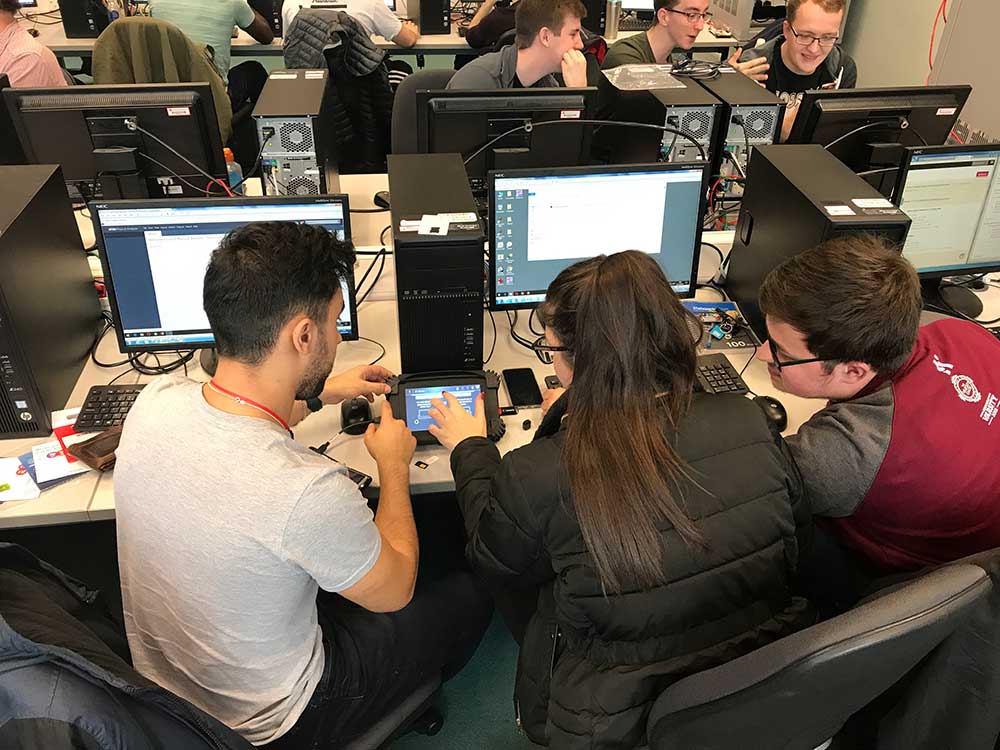Important Notice
This course is no longer accepting applications
Please search for the following year of entry or another course.

BSc (Honours)
Cyber Security with Forensics
Full-time
Computing
Prepare for a career in cyber security by designing security systems, identifying evidence of cybercrimes and acting as detectives in a digital world.
